IEA sees greater role for nuclear in attaining net-zero by 2050
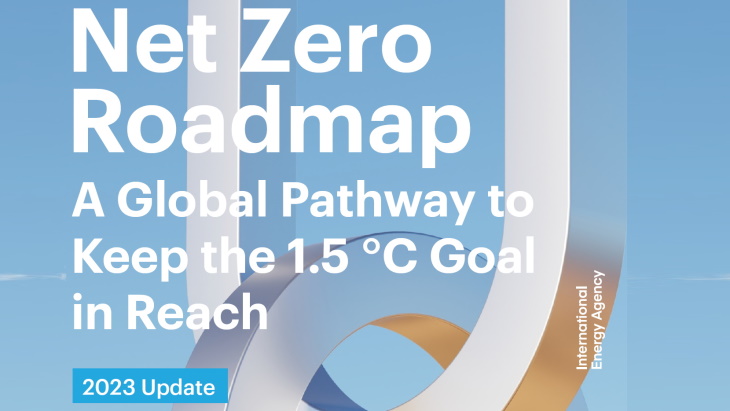
The updated roadmap sets out a global pathway to keep in reach the Paris Agreement's goal of limiting the rise in global temperatures to 1.5°C above pre-industrial levels, providing a comprehensive update to the original report that was published in 2021. The IEA said the 2023 update incorporates the "significant changes to the energy landscape in the past two years, including the post-pandemic economic rebound and the extraordinary growth in some clean energy technologies - but also increased investment in fossil fuels and stubbornly high emissions".
"The pathway to 1.5°C has narrowed in the past two years, but clean energy technologies are keeping it open," said IEA Executive Director Fatih Birol.
The IEA noted that since 2021, "many changes have taken place, notably amid the global energy crisis triggered by Russia's invasion of Ukraine in February 2022. And energy sector carbon dioxide emissions have continued to rise, reaching a new record in 2022. Yet there are also increasing grounds for optimism: the last two years have also seen remarkable progress in developing and deploying some key clean energy technologies."
The IEA says bolder action is necessary this decade. In this year's updated net-zero pathway, global renewable power capacity triples by 2030. Meanwhile, the annual rate of energy efficiency improvements doubles, sales of electric vehicles and heat pumps rise sharply, and energy sector methane emissions fall by 75%. "These strategies, which are based on proven and often cost-effective technologies for lowering emissions, together deliver more than 80% of the reductions needed by the end of the decade," it says.
With regards to nuclear energy, the IEA sees capacity more than doubling from 417 GW in 2022 to 916 GW in 2050. Despite this growth, the share of nuclear power in generation declines slightly in the NZE Scenario from 9% in 2022 to 8% in 2050.
"After three decades of modest growth, a changing policy landscape is opening opportunities for a nuclear comeback," according to the IEA. "As a means of pursuing emissions reductions targets and addressing energy security concerns, several countries have announced strategies that include a significant role for nuclear power, including Canada, China, France, India, Japan, Korea, Poland, United Kingdom and United States.
"At the start of 2023, nuclear reactors totalling 64 GW were under construction in 18 countries around the world. In the longer term, more than 30 countries which accept nuclear power today increase their use of nuclear power in the NZE Scenario."
It notes that in order to achieve this doubling of nuclear capacity by 2050, an average of 26 GW of new capacity will need to be brought online annually from 2023 to 2050 in the NZE scenario, some of which is needed to offset retirements. This calls for average annual investment of over USD100 billion, which is triple the level in recent years.
China will account for one-third of all new nuclear generating capacity to 2050 in the NZE Scenario, the IEA said, with other emerging market and developing economies accounting for almost another one-third.
"While the biggest opportunity for nuclear power is in the electricity sector, new nuclear power in this scenario helps to decarbonise heat and to supply low-emissions hydrogen," it added.
"Keeping alive the goal of limiting global warming to 1.5°C requires the world to come together quickly," Birol said. "The good news is we know what we need to do - and how to do it. Our 2023 Net Zero Roadmap, based on the latest data and analysis, shows a path forward. But we also have a very clear message: strong international cooperation is crucial to success. Governments need to separate climate from geopolitics, given the scale of the challenge at hand."
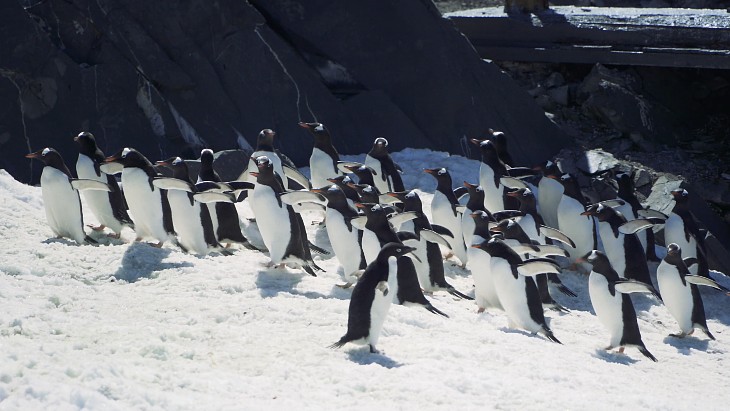
_99697.jpg)
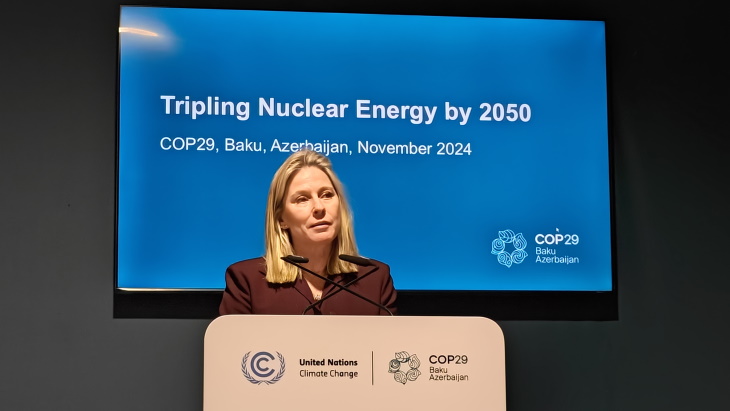
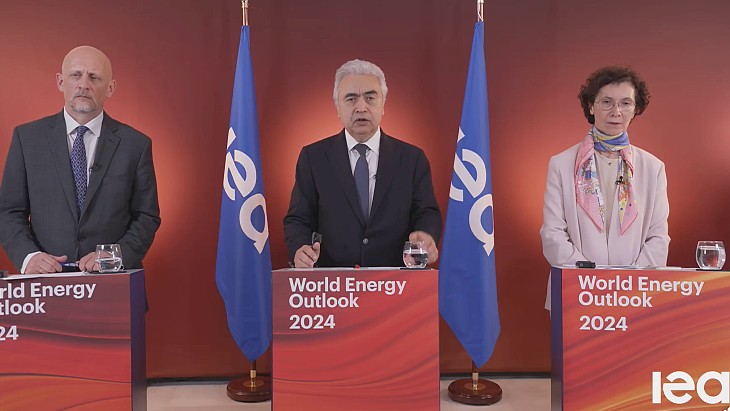





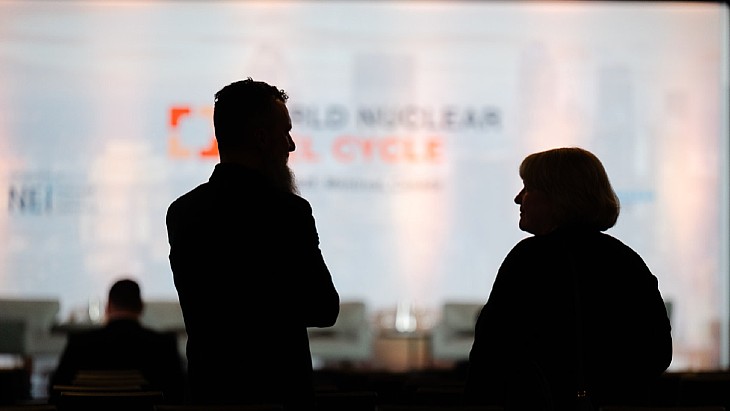
_50521.jpg)

